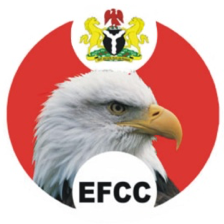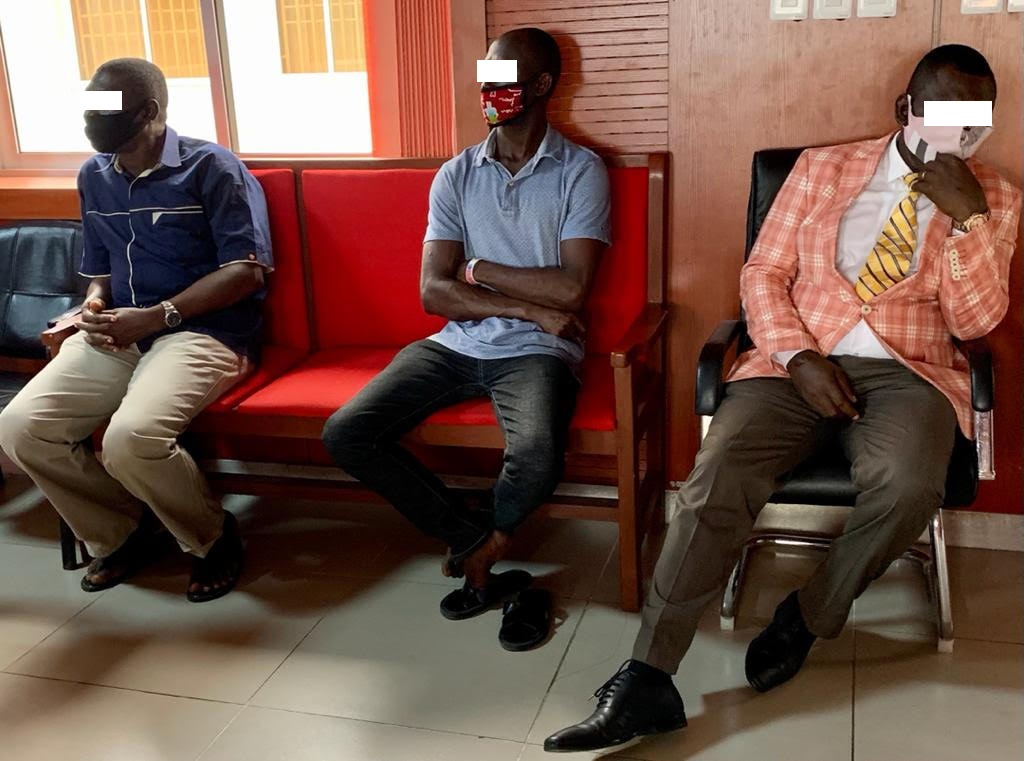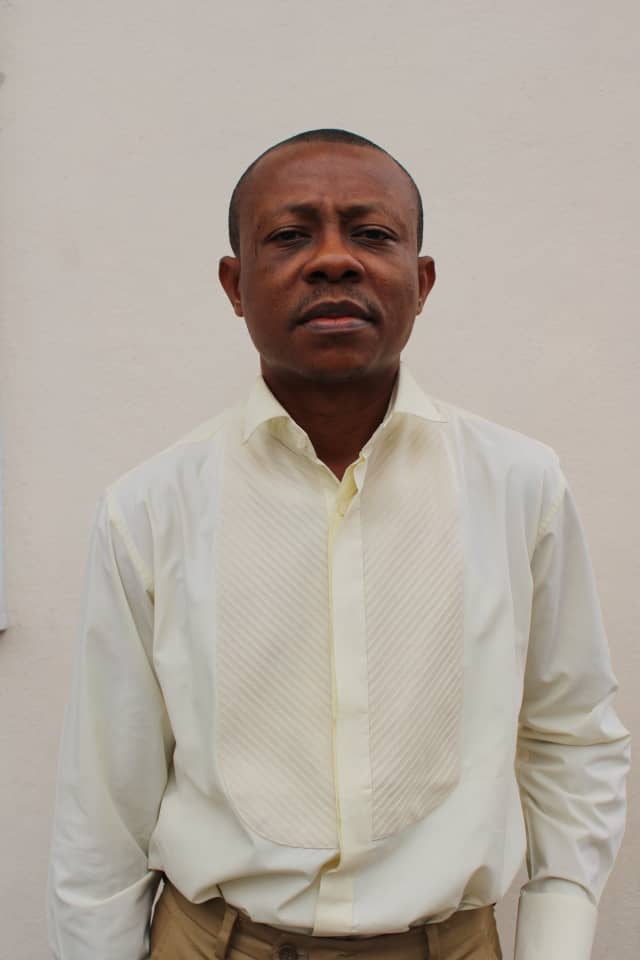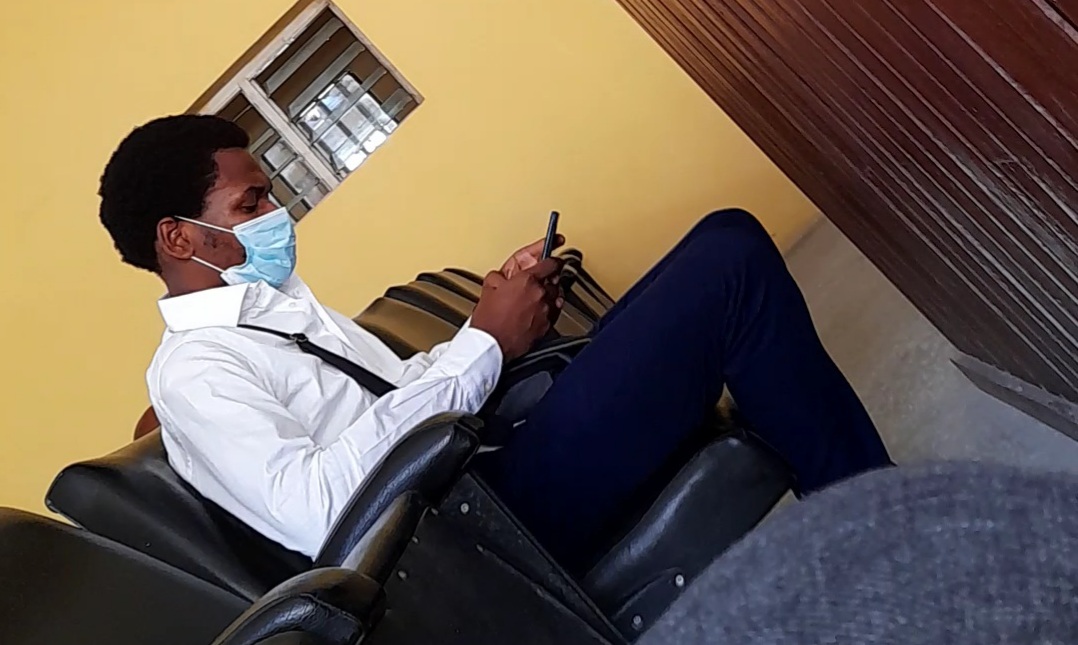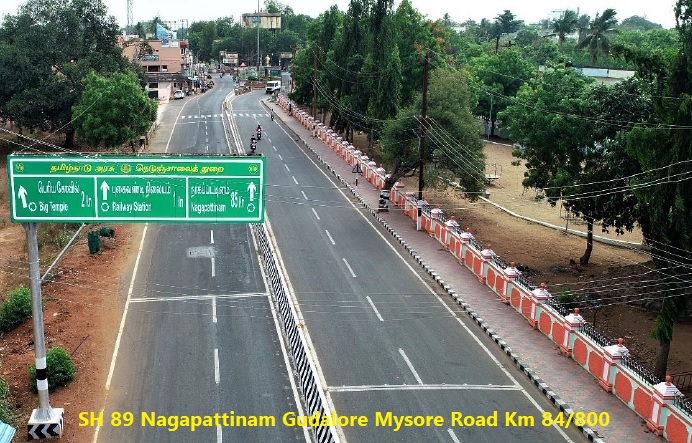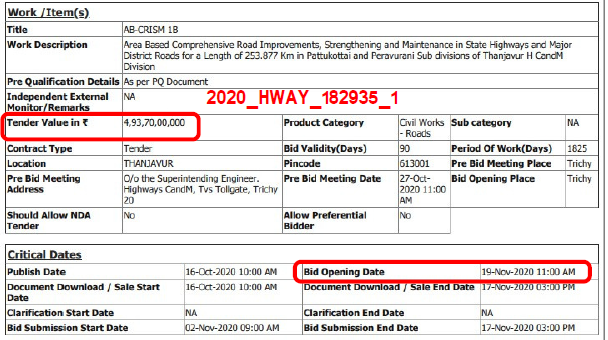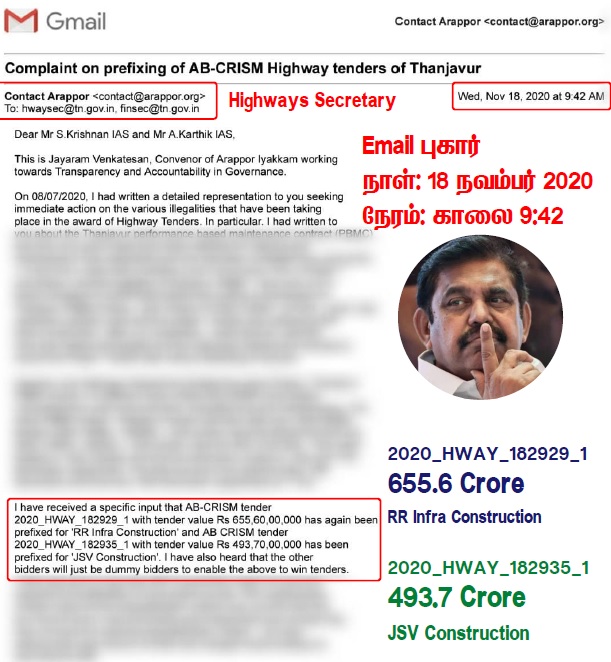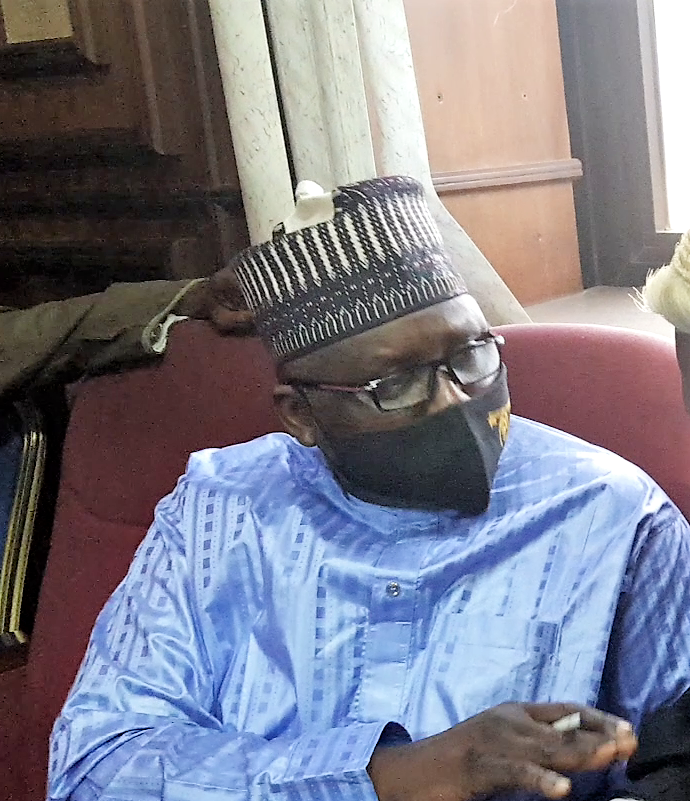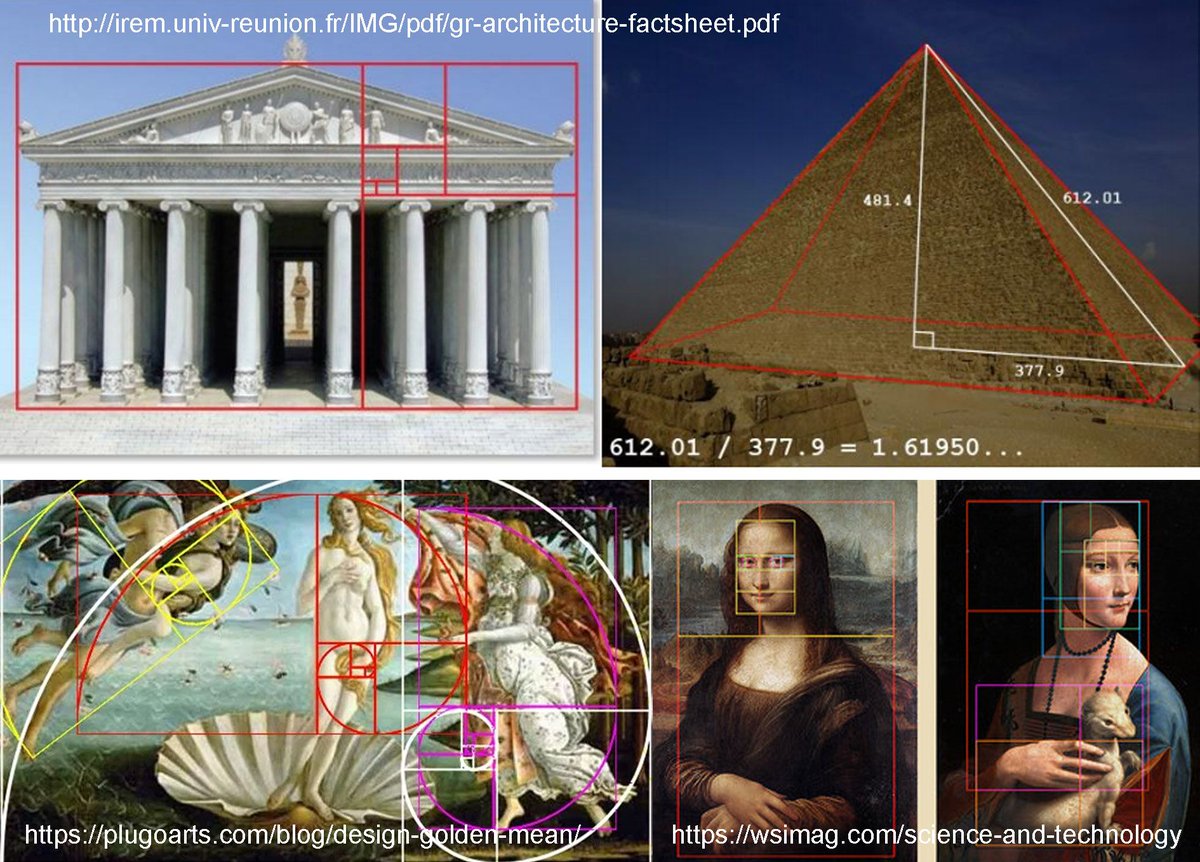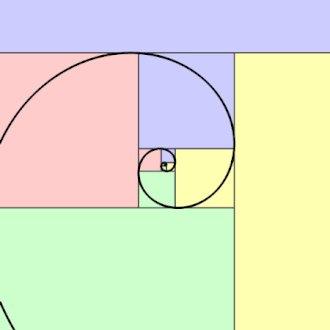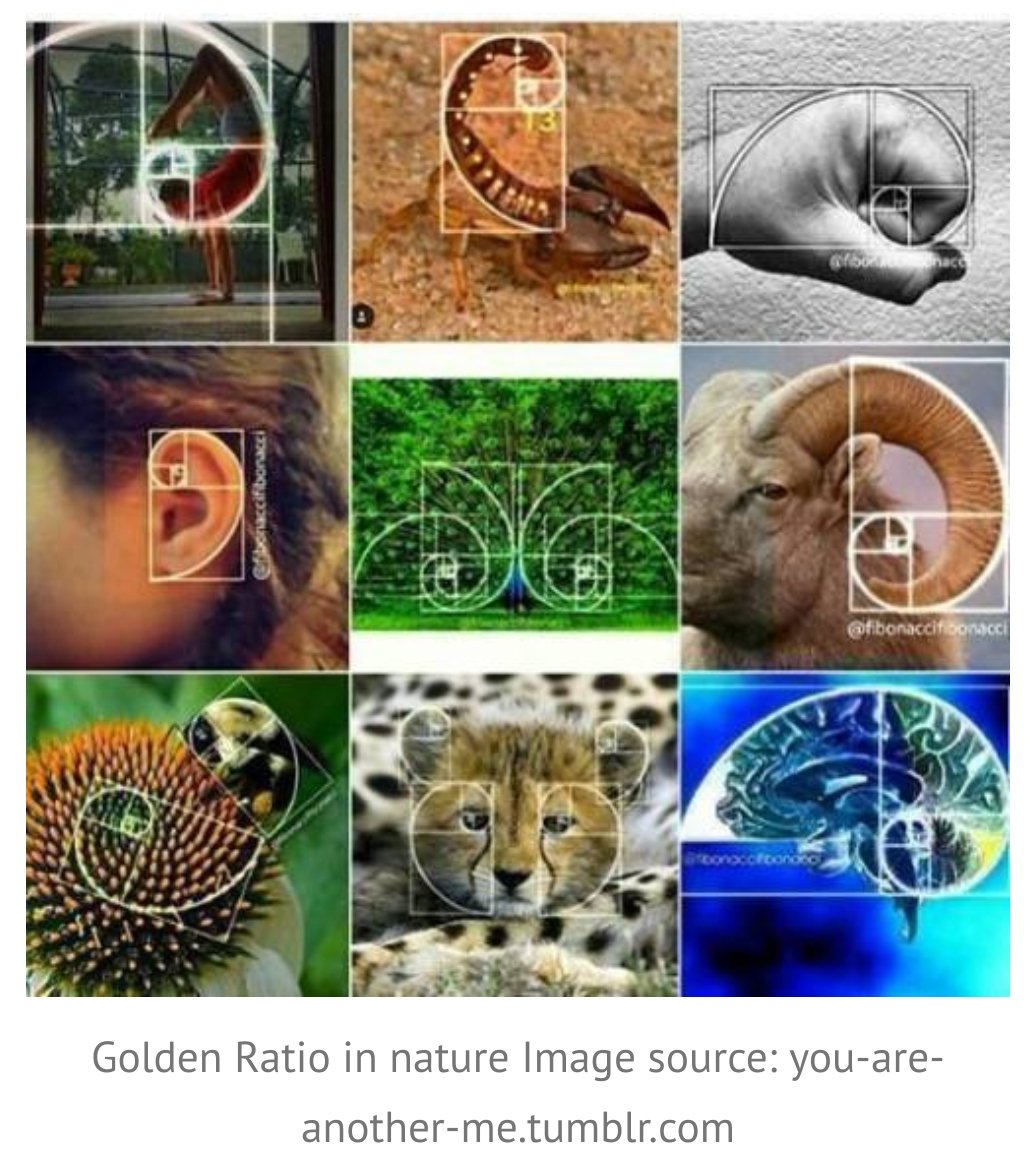N24bn Police Pension Fraud: Court Fixes Jan 19, 2020 for Ruling on Admissibility of Evidence
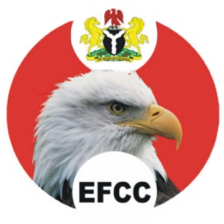
More from EFCC Nigeria
More from Fraud
A thread on attempted election fraud in Canada: First, most breaches of election law here are related to financing, not illegal voting or ballot-box stuffing. And most are minor. That’s because our elxn finance laws are extremely tight and contribution/spending limits low. 1/
I covered two of the best-known cases in recent years: “robocalls” in 2011 election and the “in-and-out” affair of 2006. You probably heard a lot about the former and maybe nothing of the latter. Both were important for different reasons. 2/
In robocalls, the Conservative party’s voter-tracking database, CIMS, was used to make fraudulent automated calls to about 7,000 identified Liberal voters in Guelph, Ontario, directing them to the wrong polling location. The scheme didn’t work. The Liberals won the riding. 3/
Elections Canada caught on to the scheme on the day the calls were made, election day, and began investigating almost immediately. The long and complex investigation found the calls originated with someone working for the Conservative candidate in Guelph. 4/
After a trial, a lone campaign staffer was found guilty. He served jail time. The judge said it appeared to him others were likely involved but no one else was charged. Throughout, the CPC denied any knowledge of the scheme. 5/
Hey Canada, can we talk about how Conservatives are fundraising based on dangerous lies & how it needs to stop immediately? #cdnpoli pic.twitter.com/2LSHcJtsMf
— \U0001f142\U0001f130\U0001f13c\U0001f138 (@samifouad) January 8, 2021
I covered two of the best-known cases in recent years: “robocalls” in 2011 election and the “in-and-out” affair of 2006. You probably heard a lot about the former and maybe nothing of the latter. Both were important for different reasons. 2/
In robocalls, the Conservative party’s voter-tracking database, CIMS, was used to make fraudulent automated calls to about 7,000 identified Liberal voters in Guelph, Ontario, directing them to the wrong polling location. The scheme didn’t work. The Liberals won the riding. 3/
Elections Canada caught on to the scheme on the day the calls were made, election day, and began investigating almost immediately. The long and complex investigation found the calls originated with someone working for the Conservative candidate in Guelph. 4/
After a trial, a lone campaign staffer was found guilty. He served jail time. The judge said it appeared to him others were likely involved but no one else was charged. Throughout, the CPC denied any knowledge of the scheme. 5/

